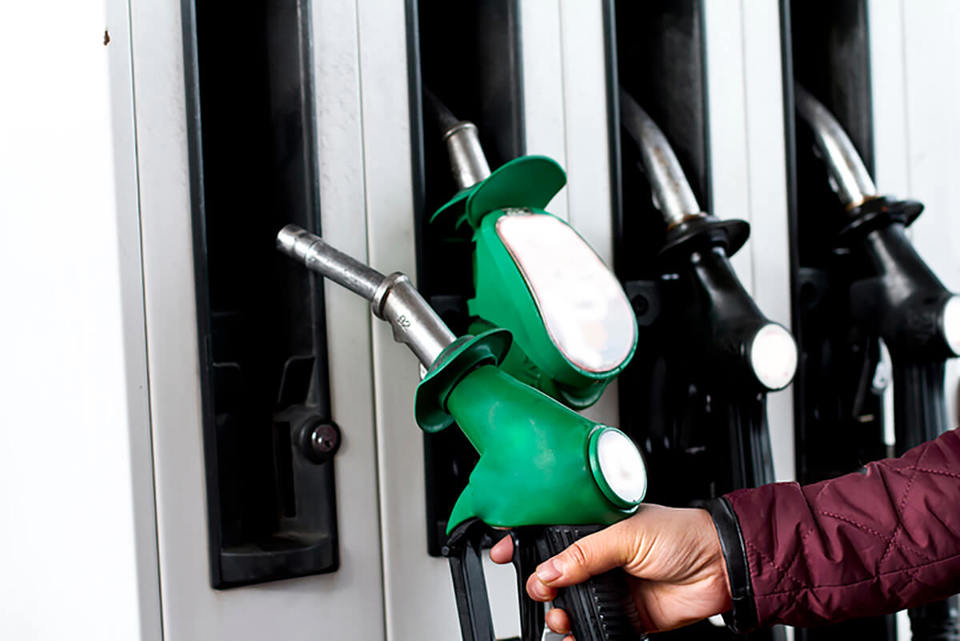6 Bunker your own fuel
One for the large fleets only. If vehicles are based at a depot, then having a fuel bunker on site could offer big savings, as the fuel is bought in bulk.
7 Maintain vehicles correctly
While it is easier said than done, getting drivers to carry out regular maintenance checks can have a big imapct on fuel economy.
Weekly checks of engine oil level and tyre pressures can improve fuel economy by up to 33% (according to AA figures), and also gives each car more of a chance of achieving its claimed economy figures.
But even if your staff follow the example set by a team of 50 employees at the AA and save on average 10% on their fuel bill by adopting better maintenance controls, that’s a saving worth having.
8 Switch fuels
Are your fleet vehicles using the right fuel? For high mileage drivers covering lots of motorway miles, diesel is a sensible choice, but what about perk drivers or those who only do small mileages?
For this group of people, is it better to switch them into petrol cars which are cheaper to buy and offer cheaper fuel (petrol is currently 3.6ppl cheaper than diesel, according to UK average figures from the AA).
And for those city-based staff, could a hybrid be the solution to maximise electric power (and save on the London congestion charge)?
Use the Fleet News calculator at www.fleetnews.co.uk/costs/fuel-cost-calculator/
9 Fit energy-saving tyres
When car manufacturers decide to build an ‘eco’ version of an existing car, one of the first things they will do is fit energy saving tyres.
These have a lower rolling resistance than conventional rubber, so turn more easily, thus using less fuel.
And when you consider that 20% of a car’s fuel consumption is due to the tyre, there are some significant savings to be made. According to TyreSafe, these tyres save 3% on fuel alone.
10 Use journey planning
Journey planing software enables companies running vehicles which make numerous drops and journeys to calculate them more efficiently.
Importing details of routes and vehicles will allow the software to devise the ultimate routes which are both time and fuel effective.
Such systems, from the likes of Masternaut, are sophisticated, but even more basic versions such as route planners from the AA or RAC will help plot journeys to maximise efficiency.

















Login to comment
Comments
No comments have been made yet.